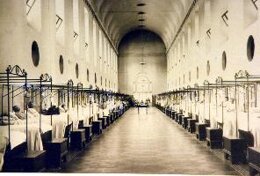ALL RIGHTS RESERVED © 2024


The character Luigi Mari
I confess that it was easy to draw inspiration for the character Mari from the substantial memories of a family member particularly dear to me, Uncle Michelino Iannarone. My paternal great-grandfather needed to replenish the family finances, which had been decimated by the post-unification conflict in southern Italy. Thus, the dowries of two sisters were contracted by him for the marriage of his two sons, my grandfather and his brother. Uncle Michelino was the son of the latter, thus doubly my father's cousin, both on his father's and mother's side. An officer by choice and vocation, like his brothers, he pursued his career during the years of the fascist regime. He also undertook university studies in history, politics, and philosophy. He loved Latin classics more than Greek ones, and was a refined Dante scholar. After adventurous missions at the front, he was sent to Berlin from August '42 to early '43 as a liaison officer for the eastern front. He returned to Rome to the command of the Armed Forces of the Aegean and after September eighth, he worked with Colonel Giuseppe Cordero Lanza di Montezemolo to organize the Clandestine Military Resistance Front. He took command of the partisan band “Castelli Sud Lazio” and was responsible for intelligence tasks in collaboration with the Allied Forces. He escaped capture by the Gestapo and fascists in a dramatic way, rescued and saved by Iolanda, the partisan who would become his wife two years later. His military career ended in 1946; he was a divisional general.
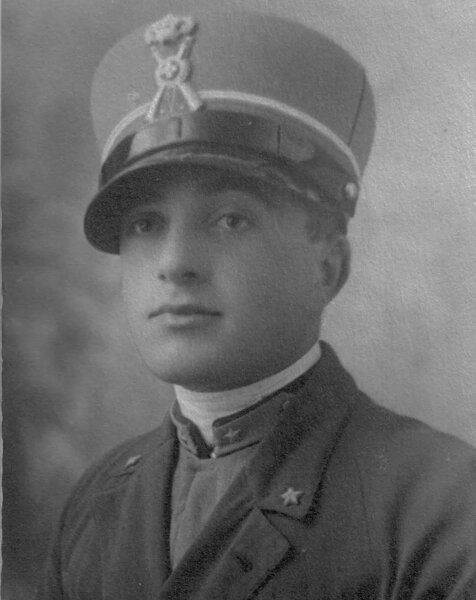
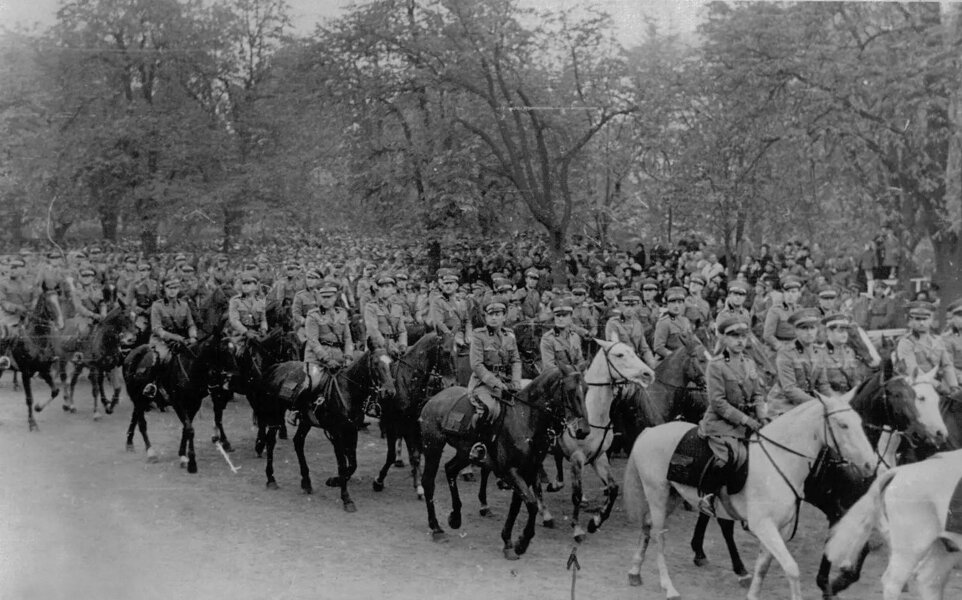
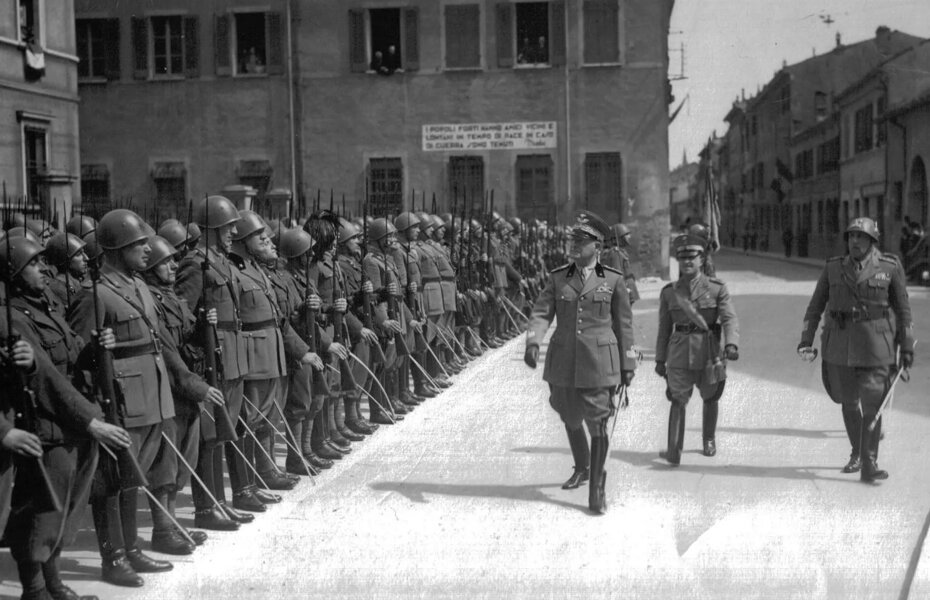
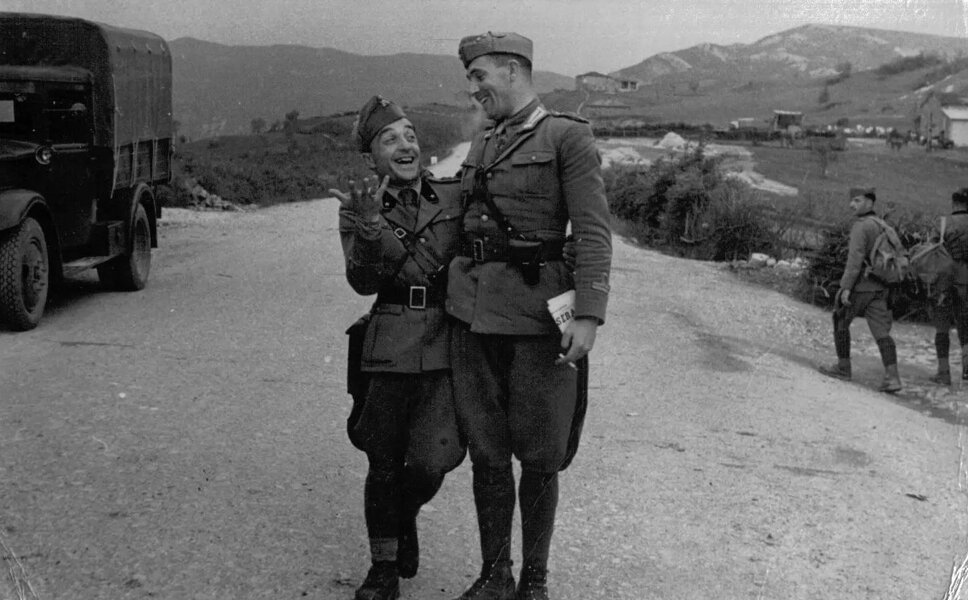
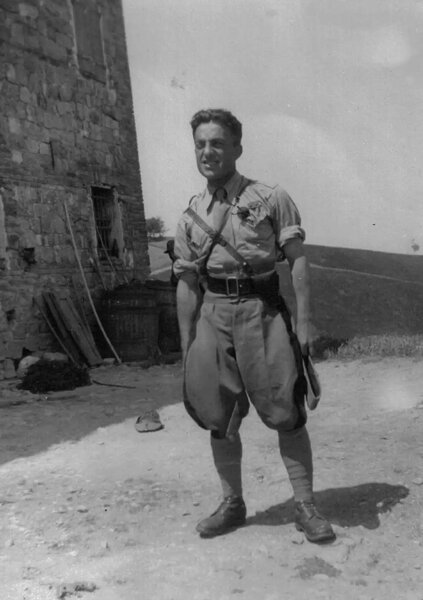
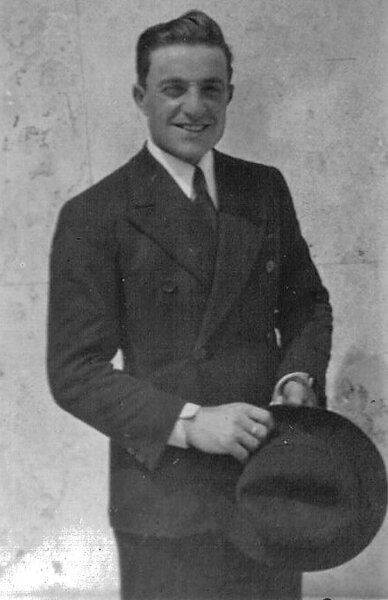

In addition to my blog, visit my social media
